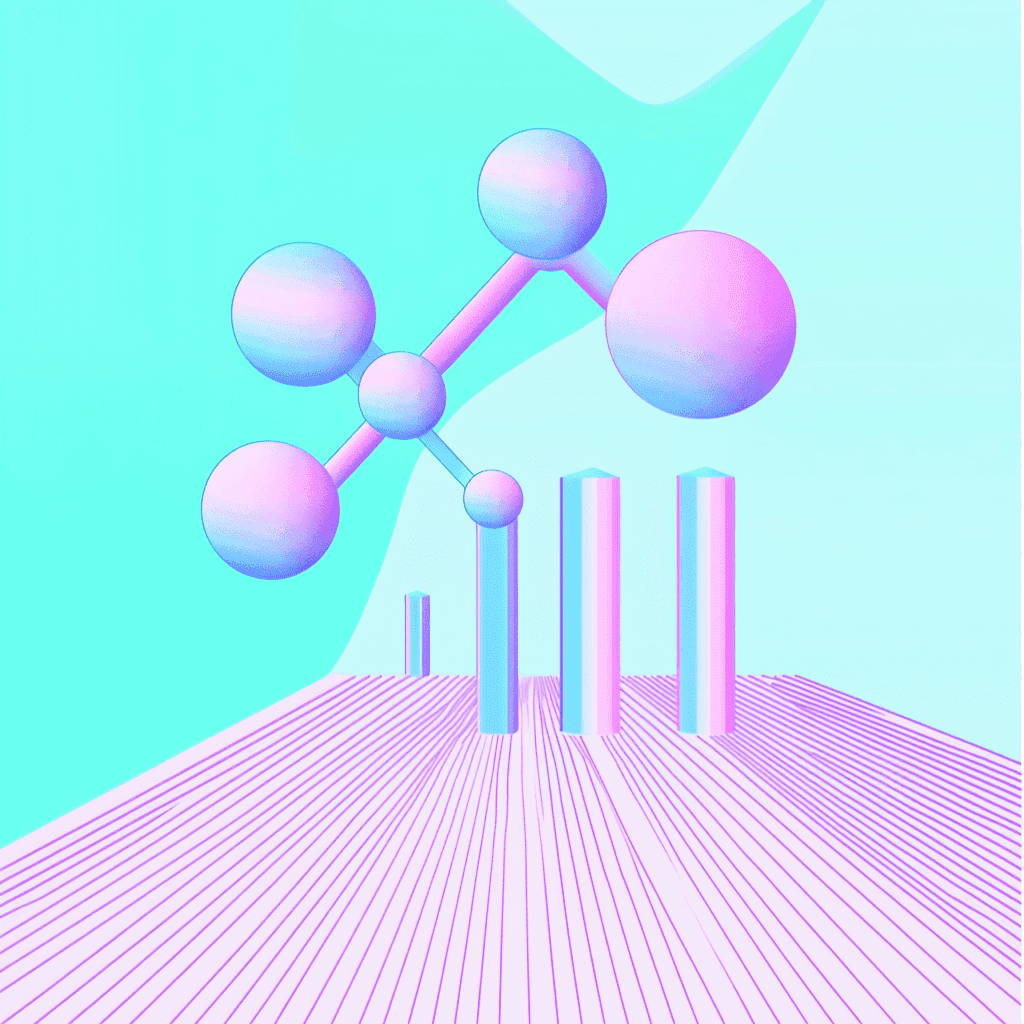Loading...
SAT/sphere ブログ
Nanotechnology: Understanding the Science for SAT Preparation
Stay ahead in your Digital SAT preparation by exploring the world of nanotechnology. Learn about the groundbreaking applications and scientific advancements at the atomic scale. Understanding this cutting-edge field is critical for excelling in science and technology questions on the exam.
2025年6月14日

2025年6月14日
続きを読む